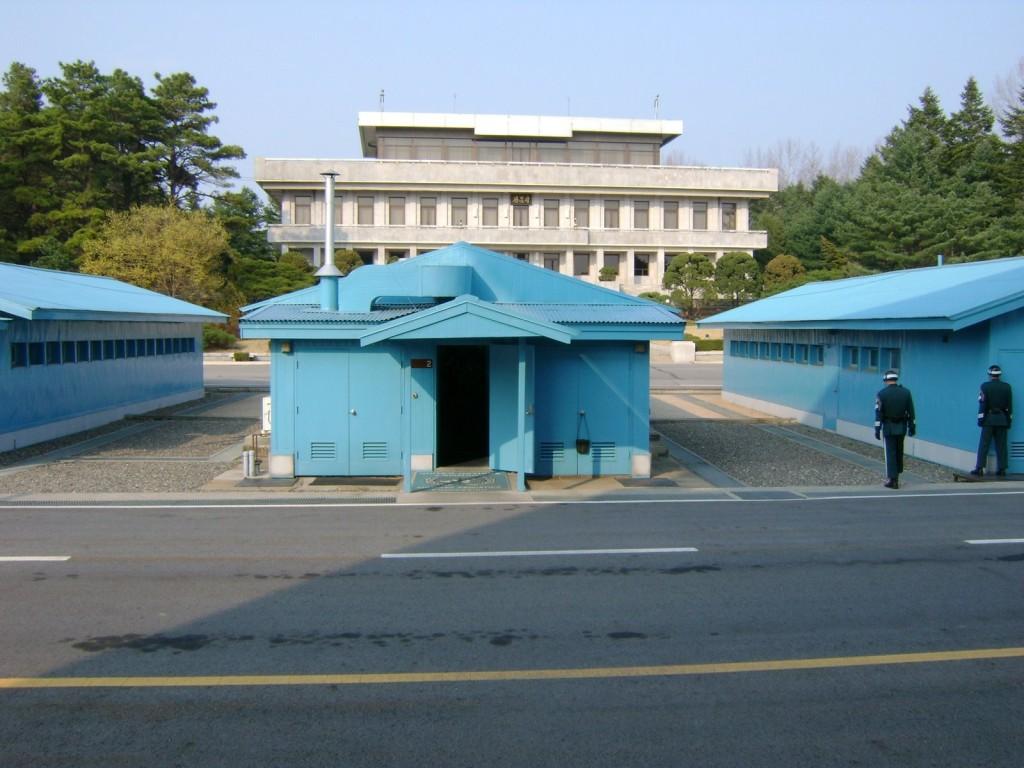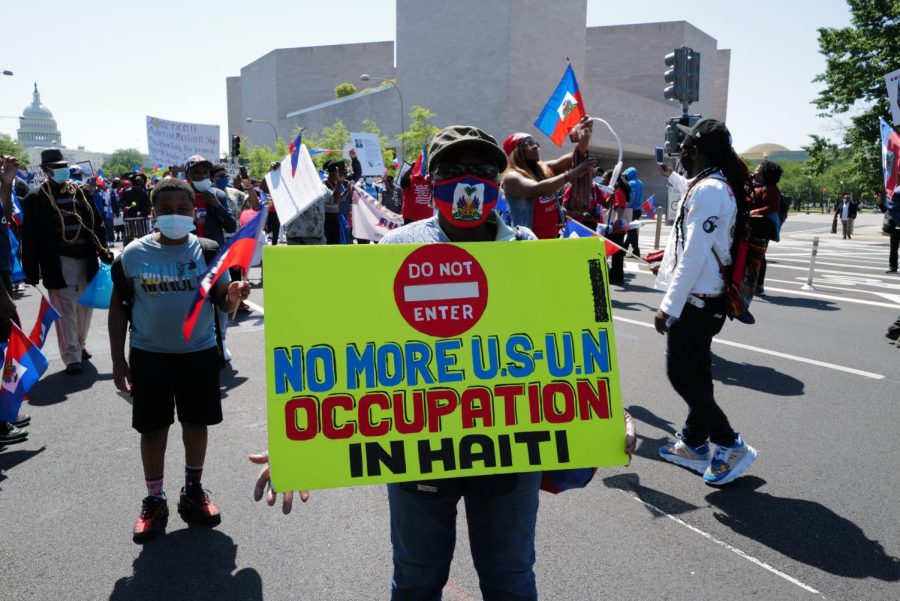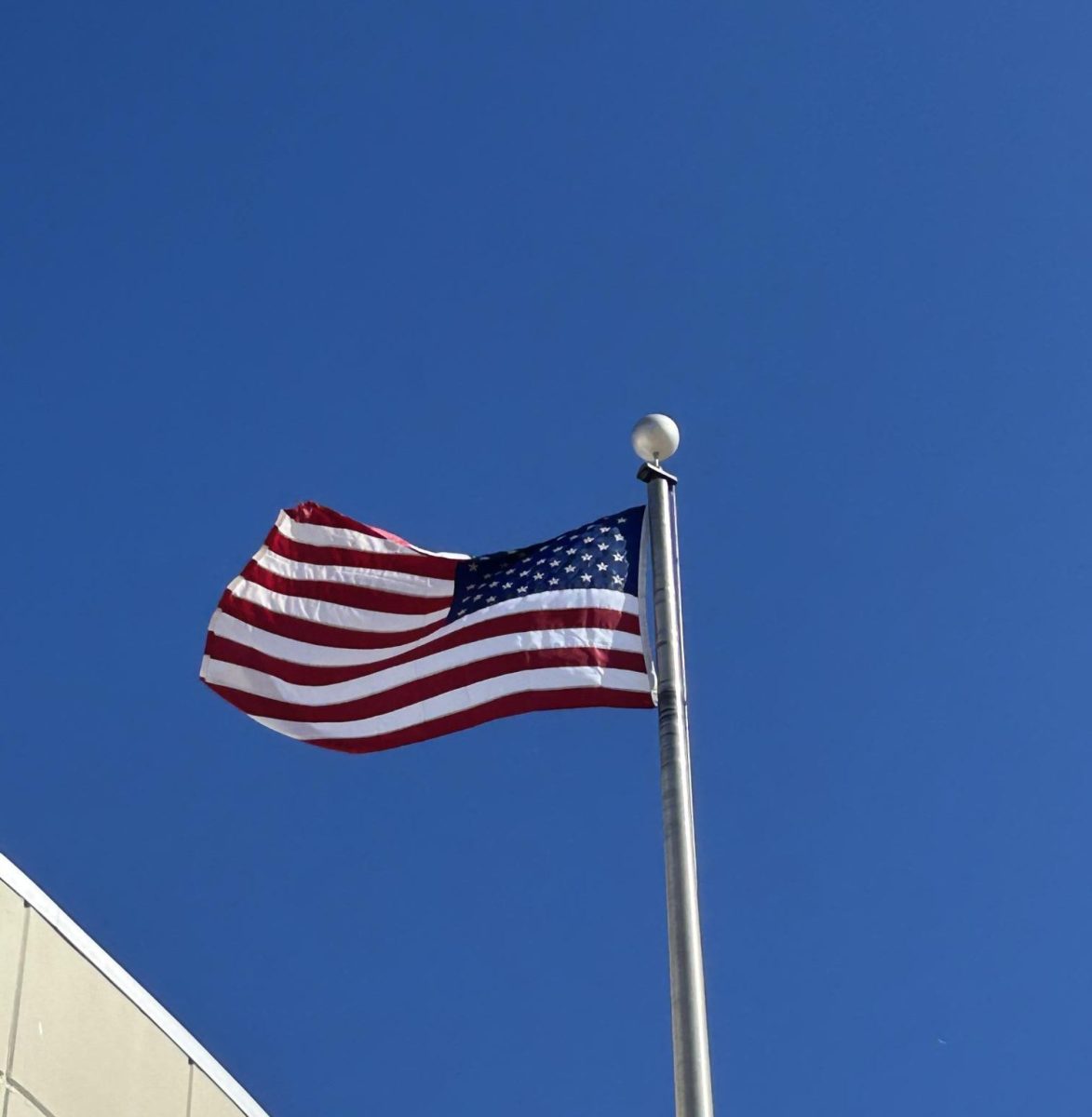
Hopes for reconciliation between North and South Korea were dashed on Feb. 9 when the North Korean delegation walked out on the first official talks with South Korea since the Yeonpyeong island bombing in November.
The two countries had met in Panmunjon to discuss the possibility of future higher-military discussions. Many hoped that the outcome of the discussions would ease the tension between the two nations. However, neither side could come to a consensus on an agenda for future talks.
“South Korea argued the high-level talks should focus on two attacks against it last year, while the North Koreans demanded discussion of other military issues as well”, South Korea’s Defense Ministry said in a statement to Fox News.
The North Korean military retaliated in a statement of their own, saying: “the army and people of [North Korea] do not feel any need to deal with the group of traitors any longer now that they do not wish to see the North-South relations improve but totally reject the dialogue itself.”
The South demanded that North Korea apologize for the sinking of the Cheonan warship in March, an incident that the North has denied involvement in.
Nations such as the U.S. are scrambling to get the two sides back to the negotiating table, fearing the capabilities of the North’s weapons program.
“The North has been accused of financing terrorism and producing yellow cake uranium,” Dr. Dwight Vick, assistant professor of political science and criminal justice, said.
According to Vick, the five countries that are particularly worried about the weapons issue are Russia, China, South Korea, Japan and the U.S., due to their close trajectories to the communist nation.
Humanitarian talks may be in jeopardy as well. South Korea’s unification ministry told BBC News that “a date and venue for talks mediated by the Red Cross would be set after the preliminary talks had ended.”
Since the North walked out on the preliminary discussions, issues such as restarting reunions for families separated by the Korean war may not be addressed.
“For the South Koreans, the split is huge,” said Vick, who got to witness the tensions firsthand when he lived in South Korea. “Part of the problem is that the Korean peninsula hasn’t been unified since World War II.”
Analysts in Seoul believe that North Korea will eventually resume dialogue with the South, but only if the communist country can put pressure on Seoul to make concessions.
“North Korea is sending the message that [they want] to take the initiative and doesn’t want to be dragged along by South Korea,” Baek Seung-Joo, analyst with the Korea Institute for Defense Analyses, told Yahoo News. “It’s not the first time they’ve done this.”
“I’m not particularly worried about [the talks failing],” Vick said. “This has been happening for years. South Korea has grown to accept it; the Red Cross and the UN are also accustomed to it.”











